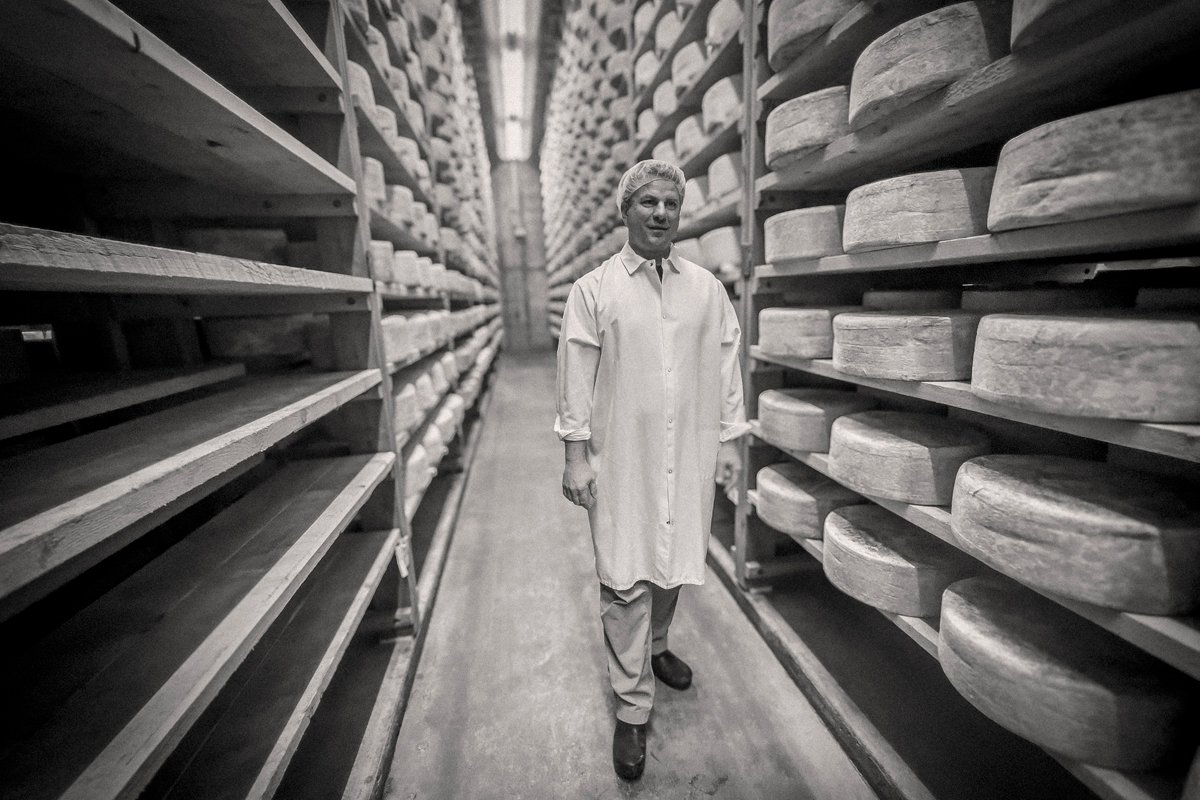Research shows better diets can prevent and even reverse chronic illness, saving billions of dollars and helping countless patients. The Medically Tailored Home-Delivered Meals Demonstration Pilot Act could help.

Research shows better diets can prevent and even reverse chronic illness, saving billions of dollars and helping countless patients. The Medically Tailored Home-Delivered Meals Demonstration Pilot Act could help.
February 13, 2024

When I was a kid, my grandmother used to tell me an apple a day keeps the doctor away. I used to ignore her. Now I wish she were alive so I could tell her she was right.
Researchers now tell us that 95 percent of seniors have chronic conditions like diabetes, heart disease, and arthritis. They also tell us that eating more fresh fruits and vegetables and whole foods can help improve health outcomes and even prevent or reverse illness.
Unfortunately, in our country, the science is light-years ahead of the public policy on this issue. Instead of acknowledging the link between poor nutrition and chronic illness, federal programs like Medicare often incentivize costly treatments and expensive prescription drugs.
“Two thousand years ago, the great philosopher Hippocrates wrote: “Let food be thy medicine and medicine be thy food.”
But what if things were different? What if our health care system recognized the healing power of food and let federal programs like Medicare treat and prevent diet-related diseases through healthy eating?
A new bipartisan bill in Congress that I’ve introduced alongside Debbie Stabenow (D-Michigan) in the Senate aims to do just that.
By giving caregivers more tools to address diet-related disease and educate people about the value of nutritious food, our legislation aims to transform America’s sick care system into a health care system—improving outcomes, treating chronic disease, and saving lives in the process.
Our bill—officially called the Medically Tailored Home-Delivered Meals Demonstration Pilot Act—relies on a simple idea: Caregivers should be able to provide nutritious, dietitian-approved meals directly to the homes of seniors with chronic health conditions. It’s that simple.
Incredible donor-funded organizations—such as Community Servings in Massachusetts and God’s Love We Deliver in New York City—have spent years providing delicious meals like potato kale soup, coconut curry chicken, and apple teacake—all specifically tailored by a dietitian to help address health concerns. Meals for more complex cases, such as for patients with end-stage renal disease, may require multiple modifications. Our bill establishes a federal framework that could help scale up this work to improve health outcomes for more people with chronic conditions from coast to coast.
If our pilot is successful, as I suspect it will be, it may lead to larger, more permanent changes. No longer will chronically ill seniors have to wonder where their next healthy meal is coming from. They won’t have to go without nutritious food because they can’t afford it or aren’t well enough to prepare it.
But if the moral arguments aren’t convincing you, let’s talk about the bottom line.
For decades, the health care industry has been driven by profits—not prevention. Big Pharma and Fortune 500 insurance CEOs spend their time ripping us off and cashing in on our treatment instead of working to stop us from getting sick in the first place. Even though it has been clear for decades that healthy eating keeps people out of the hospital and gets them off expensive prescription drugs, we’ve been trapped in an endless cycle of health care spending.
Expanding access to medically tailored meals could help us finally break out of this never-ending cycle—saving nearly $13.6 billion in health care costs each year and improving health outcomes by preventing 1.6 million hospitalizations a year, according to a study from Tufts University’s Friedman School of Nutrition Science and Policy. Our new bill would not only help improve lives, but it would save a boatload of taxpayer money, too.
There’s a growing bipartisan consensus in Congress that says we must do a better job of addressing the link between food and medicine. And thanks to the hard work of so many anti-hunger champions around the country, President Joe Biden hosted the second-ever White House Conference on Hunger, Nutrition and Health in September 2022. The result was a strategy to end hunger and reduce diet-related diseases by 2030. Medically tailored, home-delivered meals for seniors would help us get there.
The idea behind our bill is nothing new. Two thousand years ago, the great philosopher Hippocrates wrote: “Let food be thy medicine and medicine be thy food.”
We may have lost our way, but we can get back on track. As a country, we can address the underlying causes of diet-related disease and chronic illness—not just the symptoms.
We ought to listen to Hippocrates. We ought to listen to the scientists. And we ought to listen to our grandmothers. Food can change lives. It can also save lives. And if Congress passes the Medically Tailored Home-Delivered Meals Demonstration Pilot Act, food can heal our country and help fix our broken health care system.

September 4, 2024
By paying top dollar for milk and sourcing within 15 miles of its creamery, Jasper Hill supports an entire community.
September 3, 2024

August 27, 2024

August 26, 2024

Like the story?
Join the conversation.